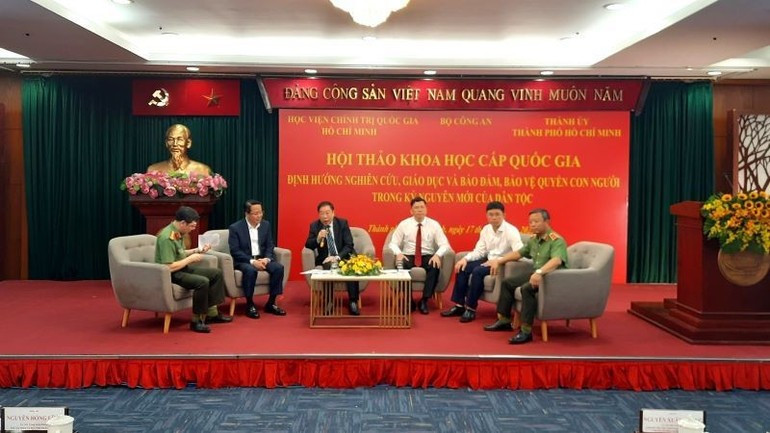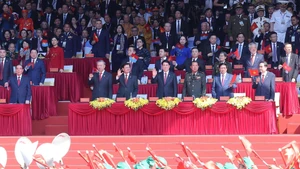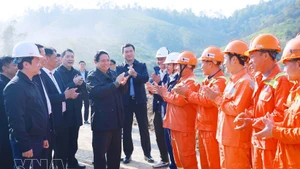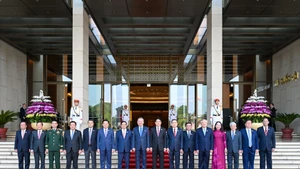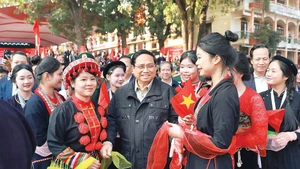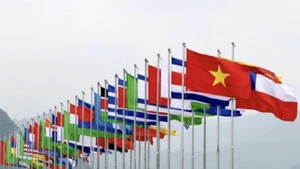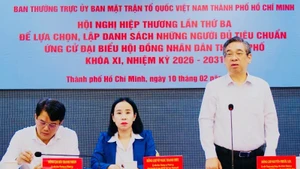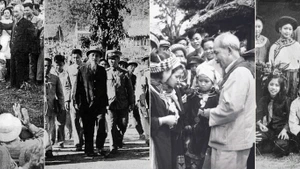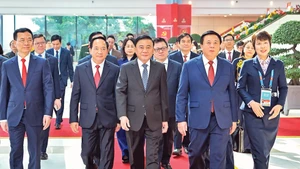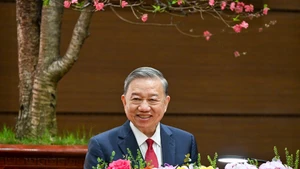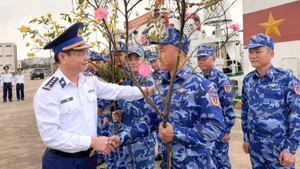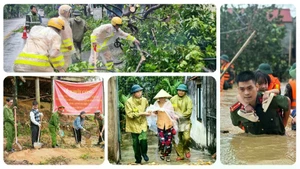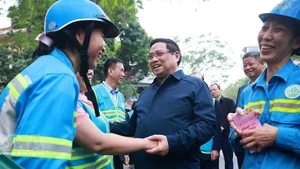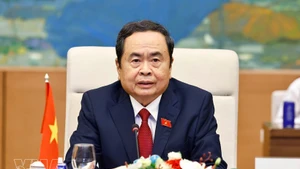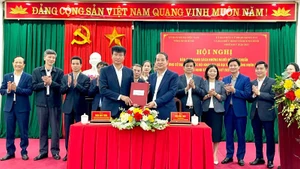The event was organised by the Ho Chi Minh National Academy of Politics (HCMA) in collaboration with the Ministry of Public Security and the Ho Chi Minh City Party Committee.
In his opening remarks, Professor Nguyen Xuan Thang, PhD, Politburo member and Director of the HCMA, underscored that promoting the human factor, placing people at the centre, and respecting, ensuring, and protecting human rights have been positioned as the supreme principles and objectives, as well as the most powerful endogenous driving force, of Viet Nam’s comprehensive renewal process and its new era of national development.
Thang, who also serves as Chairman of the Central Theory Council, highlighted that after nearly eight years of implementation, the project to integrate human rights as a subject in nationwide education has yielded significant results, marking a new step forward and a breakthrough in raising awareness and fostering both a human rights culture and a civilisation of human rights through education in Viet Nam.
“Entering the 21st century, we are no longer speaking solely of the right to life, the right to freedom, the right to pursue happiness, and the right to development; we must also address new rights that are emblematic of the digital age, such as the right to personal data, the right to equitable access to technology, and the right to protection from the manipulation of disinformation,” he observed.
After nearly 40 years of Doi Moi (Renewal), Viet Nam has achieved historic accomplishments. The material and spiritual lives of the people have been markedly improved, while human rights and citizens’ rights have been continuously expanded and implemented in an increasingly substantive manner.
Nevertheless, Thang cautioned that rapid and sustainable national development, coupled with deep international integration, presents new challenges relating to social equity, regional disparities, population ageing, cyber-security, social welfare, and institutional quality.
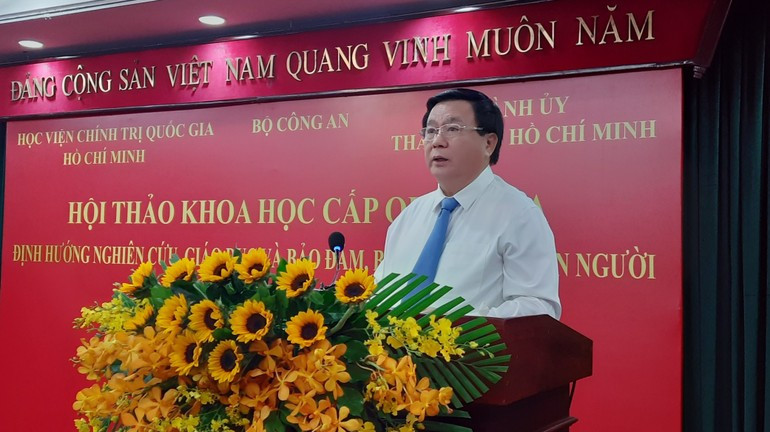
In the context of Viet Nam’s implementation of the two-tier local government model, he stressed that ensuring human rights at the grassroots level is paramount, as this is where policies, public services, and state administrative activities directly affect the daily lives of citizens.
He further noted that building an honest, service-oriented government requires more than merely administrative reform; it is, in fact, the realisation of human rights in everyday life and a vivid expression of socialist democracy.
Discussions at the symposium centred on three strategic issues shaping new orientations for research, education, and the practical implementation of human rights. These included theoretical research on human rights, human rights education, and the assurance and protection of human rights in practice.
Participants reaffirmed the consistent viewpoint of the Vietnamese Party and State that comprehensive human development lies at the heart of the national development strategy. Respect for, assurance of, and protection of human rights form the firm foundation of Viet Nam’s socialist rule-of-law state, while human rights education is regarded as the inevitable path towards building a modern, democratic, and humane political culture.
